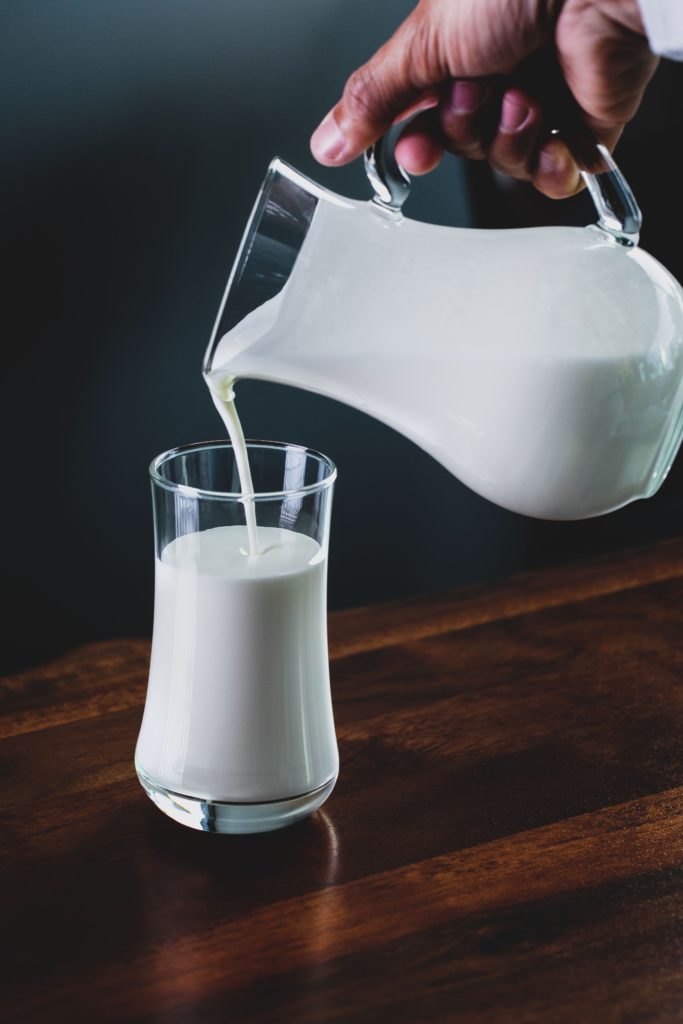Saputo Dairy Australia has flagged a new strategy to lift the volume of milk it processes in Australia, including manufacturing products for other companies.
Speaking after announcing its 2018-19 financial results, which included a 3.4 per cent fall in profit, Saputo international sector president Kai Bockmann said the company planned to tap into three sources of milk in Australia moving forward.
“One is our direct relationship with our farmers,” he said.
“We’re continuing to build upon the relationship that we currently have in place.
“Secondly, we’re going to tap into third-party milk.
“And lastly, we’re going to look to co-manufacture for other dairy companies.
“So taking those three paths together, we still feel confident that we’ll be able to achieve the numbers that we originally committed to which is to get to a 3 to 3.1 billion litres of milk over a three-year period.”
When pressed for details on the latter two, Mr Bockmann said the second referred to obtaining milk through third-party milk brokers.
“The other is just the processed milk that other companies would have secured,” he said.
“They’ve shuttered facilities.
“They’re sending their milk to us.
“We’re processing it for a fee, hence we’re utilising our assets more efficiently.”
Mr Bockmann said the deal with Coles to process milk for its new direct farmer milk was a good deal for Saputo.
“We were able to renegotiate the terms and conditions so that we can now bring more milk to our two assets in Australia to make them more efficient,” he said.
Saputo continues to grapple with the loss of milk supply in Australia.
The loss of milk production contributed to a decline in profits from Saputo’s international sector in the final quarter results with profit in that division falling to $CAN50.9 million compared with $CAN85 million in the third quarter and $CAN80.3 million in the second quarter.
Saputo chairman and CEO Lino Saputo said seasonality in Australia and Argentina had contributed to the decline.
“And so, of course, we have less milk that we’re processing through our facilities because of that,” he said.
“And then to add insult to injury in Australia, the economics really didn’t make sense for some farmers and milk has further declined because of the economic and weather-related issues.
“So we’re seeing a huge drop beyond the seasonality in terms of milk production out of Australia.”
Mr Saputo said the economics would ultimately get better because of a better supply and demand balance globally.
“So the economics I think will improve, and I think that what we’ve gone through in the last 18 months with an oversupply especially coming from Europe, I think that has gone away,” he said.
But seasonality would always be a factor in Australia, because some farmers in the off season would not produce milk because it was too costly for them.
Mr Bockmann said Saputo was taking the weather conditions into consideration in terms of its future investments.
“When we look at the Lion Specialty business that we’re looking to acquire that’s actually giving us access to a Tasmanian milk pool, which is the fastest growing milk pool in Australia,” he said.
“So we’re not looking to further invest in those areas where we anticipate there to be continued weather challenges.
“But there are other parts of Victoria as well as in other states that have higher production outlooks that we’ll be more comfortable in placing more bets on.”
Original article sourced from https://www.farmonline.com.au



